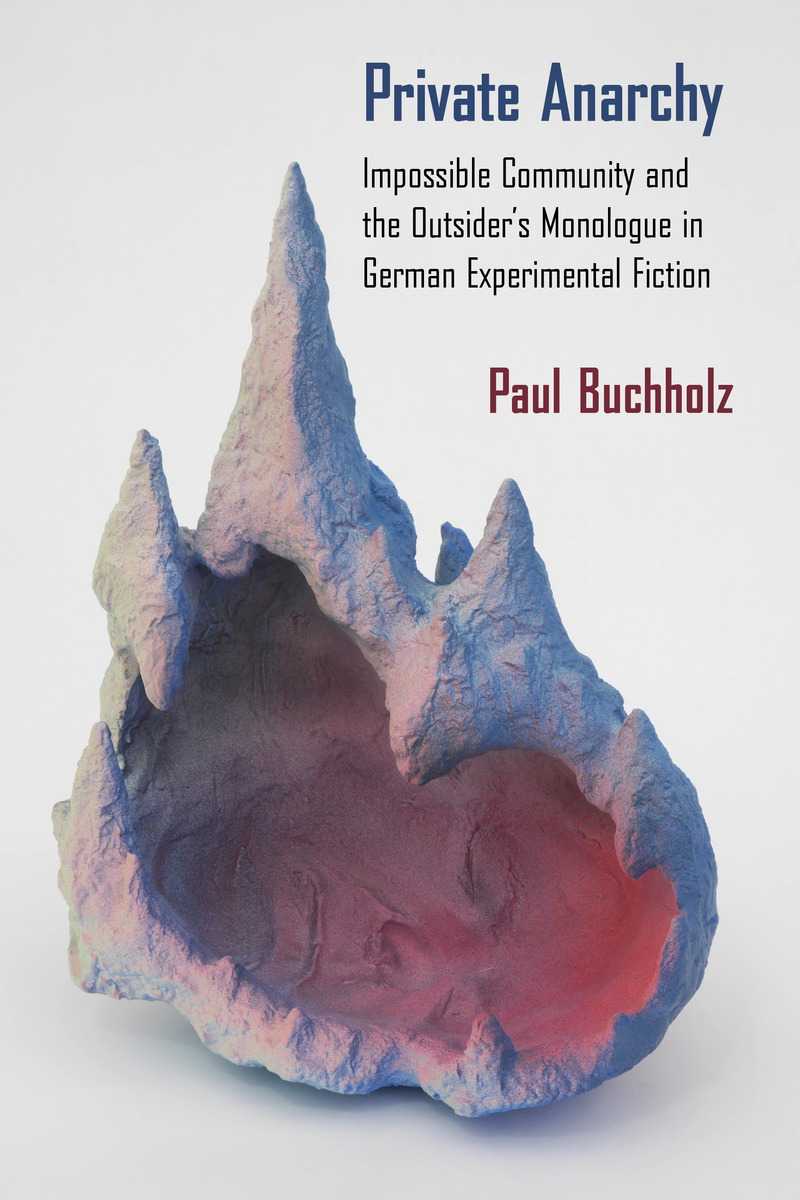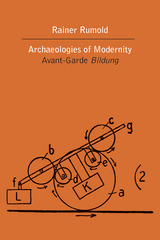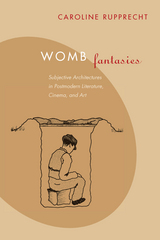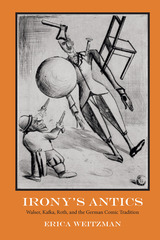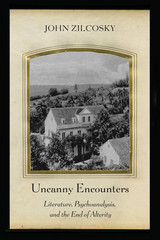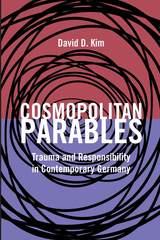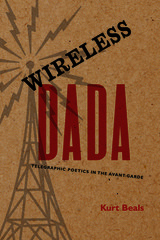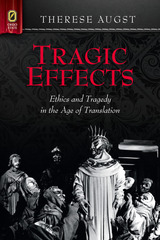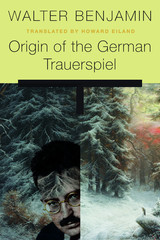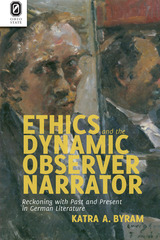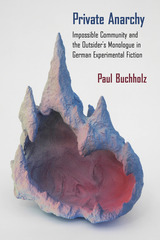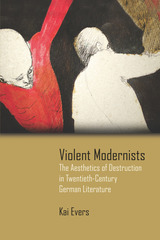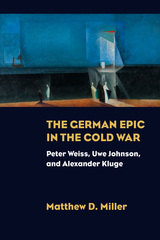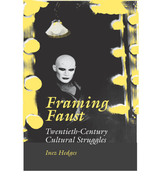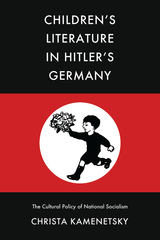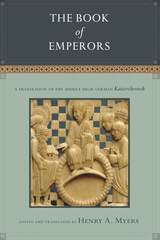Private Anarchy: Impossible Community and the Outsider’s Monologue in German Experimental Fiction
Northwestern University Press, 2018
eISBN: 978-0-8101-3664-9 | Cloth: 978-0-8101-3663-2 | Paper: 978-0-8101-3662-5
Library of Congress Classification PT747.E95B83 2018
Dewey Decimal Classification 833.910911
eISBN: 978-0-8101-3664-9 | Cloth: 978-0-8101-3663-2 | Paper: 978-0-8101-3662-5
Library of Congress Classification PT747.E95B83 2018
Dewey Decimal Classification 833.910911
ABOUT THIS BOOK | AUTHOR BIOGRAPHY | REVIEWS | TOC | REQUEST ACCESSIBLE FILE
ABOUT THIS BOOK
European social theorists of the late nineteenth and early twentieth centuries tended to define modernity as a condition of heightened alienation in which traditional community is replaced by a regime of self‑interested individualism and collective isolation. In Private Anarchy, Paul Buchholz develops an alternative intellectual history of the nineteenth and twentieth centuries, showing how a strain of German-language literature worked against this common conception of modernity.
Buchholz suggests that in their experimental prose Gustav Landauer, Franz Kafka, Thomas Bernhard, and Wolfgang Hilbig each considered how the "void" of mass society could be the precondition for a new, anarchic form of community that would rest not on any assumptions of shared origins or organic unity but on an experience of extreme emptiness that blurs the boundaries of the self and enables intimacy between total strangers. This community, Buchholz argues, is created through the verbal form most closely associated with alienation and isolation: the monologue.
By showing how these authors engaged with the idea of community and by relating these contributions to an extended intellectual genealogy of nihilism, Private Anarchy illustrates the distinct philosophical and sociopolitical stakes of German experimental writing in the twentieth century.
Buchholz suggests that in their experimental prose Gustav Landauer, Franz Kafka, Thomas Bernhard, and Wolfgang Hilbig each considered how the "void" of mass society could be the precondition for a new, anarchic form of community that would rest not on any assumptions of shared origins or organic unity but on an experience of extreme emptiness that blurs the boundaries of the self and enables intimacy between total strangers. This community, Buchholz argues, is created through the verbal form most closely associated with alienation and isolation: the monologue.
By showing how these authors engaged with the idea of community and by relating these contributions to an extended intellectual genealogy of nihilism, Private Anarchy illustrates the distinct philosophical and sociopolitical stakes of German experimental writing in the twentieth century.
See other books on: 1883-1924 | Alienation (Social psychology) in literature | Bernhard, Thomas | German | Kafka, Franz
See other titles from Northwestern University Press
